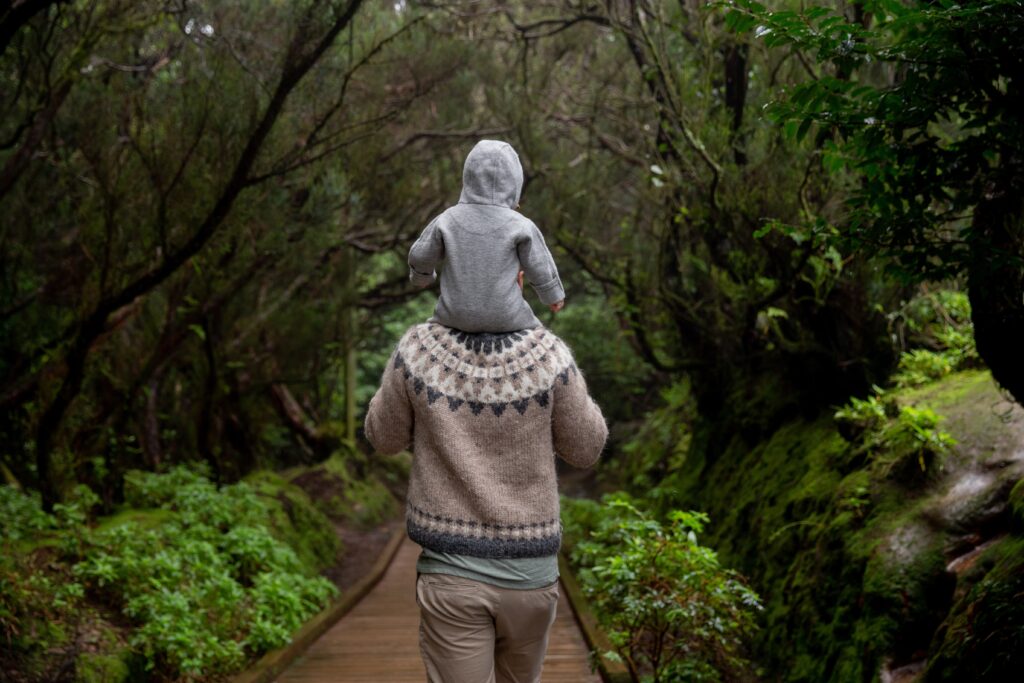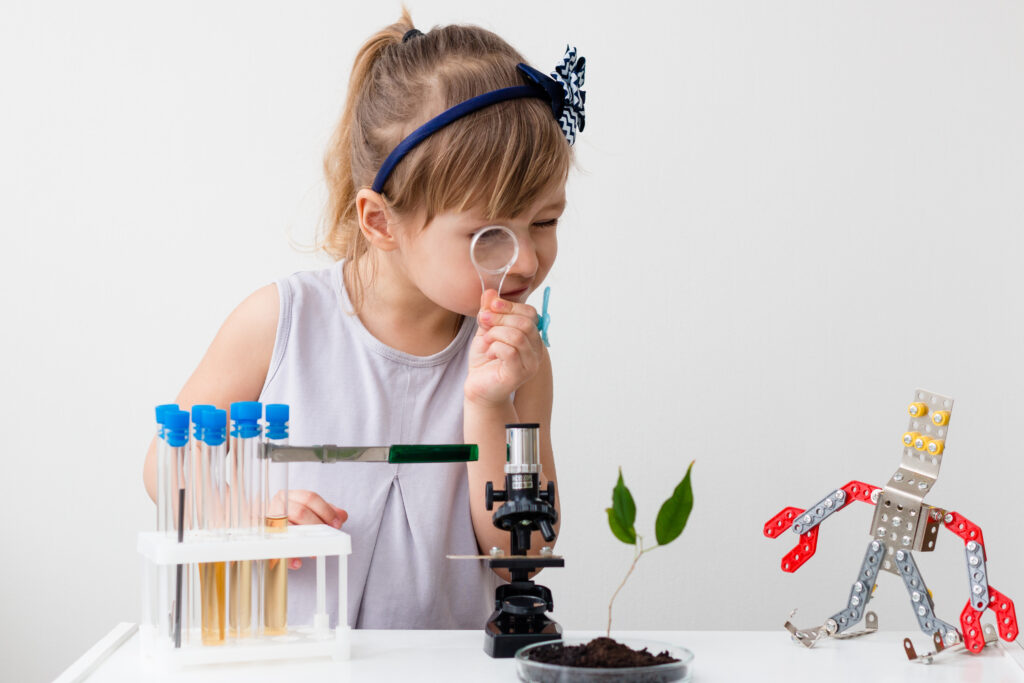Children are natural scientists!
Children’s curiosity about the world encourages their desire to explore and experiment with new things. In every new activity or setting, they’re asking “what”, “how”, or “why”, trying to make sense of their surroundings.
However, a study from the Education Development Center has found that only half of all families incorporate informal scientific activities in their children’s daily lives. This is not due to a lack of interest from the parents. In fact, seven out of ten parents expressed that they’d like to do more scientific activities with their children if they knew what to do.
To help, we’ve come up with a few activities that might help nurture your children’s interest in the field of science and the world around them.
Visit a Museum
Treating your children to a family trip that can be both exciting and educational is a great way to help encourage their interest in science!
Museums like the Ontario Science Centre contain visually appealing exhibits that will fascinate any child. Children love seeing animals and dinosaurs. Some museums come with their own planetarium as well which is a great way to teach them about stars, planets, and space.
Not only does the museum offer a great place for children to learn, but it also offers a fantastic opportunity to spend quality family time.
Build Ramps with Their Toys
Building ramps with toys like LEGOs and Hot Wheels sets is a great way to educate your children about motion and gravity in a fun way. Other options can be to build ramps and structures with cardboard, recyclable materials, or household items that are safe to use.
You can make things even more fun by building two different ramps and having a race using toy cars or marbles. Test out different modifications and experiment with various structural designs. Ask your children which ramp they think will win the race and why. Encourage them to answer any questions, test out their hypotheses, and have them understand why they were right or wrong.

Observe the World and Nature
Perhaps the easiest way for children to learn about science is simply by observing their surroundings. Going on regular nature walks allows your children to observe plants, insects, animals, trees, and more. It’s a great way for them to explore their curiosity and exercise at the same time.
Keeping a book containing the local wildlife and plants can benefit greatly as any question your children might ask can be answered, or have them go through the book to find the answer themselves.
Learn Together
Above all else, your children want to spend time with their parents to connect and share experiences. Finding something interesting to learn together can be a great way to stimulate their curiosity.
Here are a few activities where you can learn together:
- Watching a documentary
- Reading a book together
- Nature walks
- Visiting new places that interest both you and your child
- Visiting scientific and educational websites (NASA, Nat Geo, etc.)
- Building, growing and tending to a garden
- Visiting a zoo
These are just a few, but there is an endless list of activities that can turn into a learning opportunity for both you and your children!
At Century Private School, we understand the importance of science and STEAM (science, technology, engineering, arts, and mathematics) education. To learn more about STEAM education and why it’s important, read about it here.



